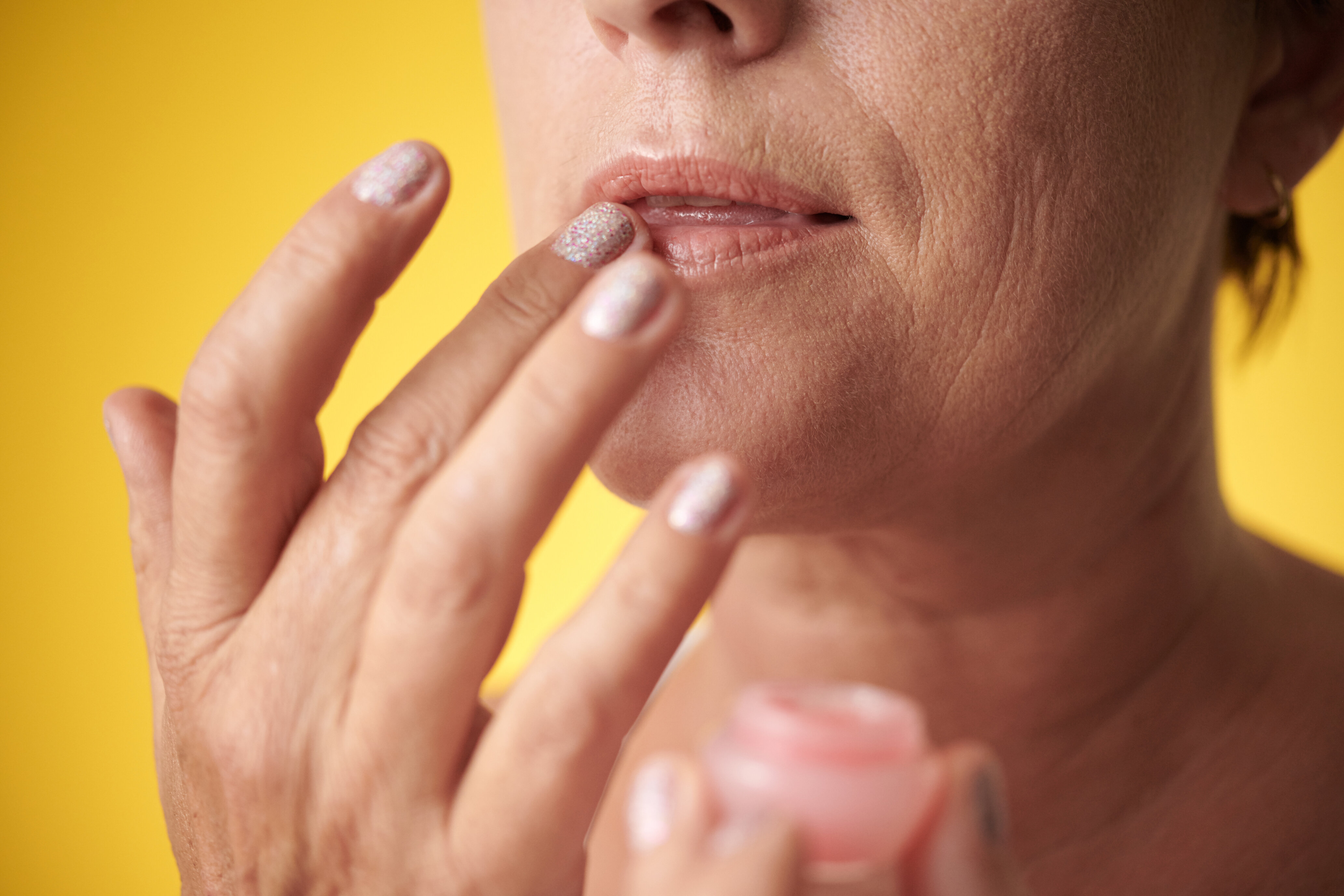As the seasons change, so do our bodies' responses to the environment. Among these responses are common but often overlooked dental issues: dry mouth and chapped lips. These conditions not only cause discomfort but can also affect your oral health. In this blog, we’ll explore the causes of these seasonal dental issues and provide effective strategies for prevention and treatment.
Understanding Dry Mouth: A Overview of Xerostomia
Dry mouth, known medically as xerostomia, arises when salivary glands don't produce enough saliva. This issue is particularly common in colder months, attributed to indoor heating and generally drier air. Saliva is crucial for oral health, as it aids in digestion and helps prevent tooth decay and bacterial growth. Insufficient saliva production can therefore heighten the risk of dental problems like cavities and gum disease. Xerostomia can lead to various complications, including bad breath, a burning sensation in the mouth, difficulties in swallowing, and changes in taste perception. Regular dental check-ups are important for detecting and understanding the implications of conditions like xerostomia on overall oral health.
Managing Dry Mouth: Practical Approaches
Combating dry mouth involves simple yet effective strategies. Using a humidifier can add necessary moisture to indoor air, especially important in winter when heating systems dry out the environment. Staying well-hydrated by drinking plenty of water is crucial, as it maintains mouth moisture and overall health. Chewing sugar-free gum is another beneficial tactic, as it stimulates saliva production, essential for oral hygiene. Reducing intake of dehydrating substances like caffeine and alcohol also helps, as they can decrease saliva production.In cases where dry mouth persists despite these measures, consulting a dentist is advisable. Regular dental check-ups are key to effectively managing dry mouth.
Understanding Chapped Lips: Causes and Concerns
Chapped lips are a prevalent seasonal issue, often exacerbated during the colder months. Exposure to harsh, cold, and windy weather conditions, combined with the dry heat from indoor heating systems, strips moisture from the lips, leading to chapping. Additionally, chapped lips can be indicative of dehydration, highlighting the need for adequate fluid intake. The skin on the lips is thinner and more delicate than other parts of the body, making it particularly susceptible to environmental factors. When the lips lose moisture, they can become dry, cracked, and in some cases, may even bleed. This not only causes discomfort but also leaves the lips vulnerable to infections, as cracks can serve as entry points for bacteria. In severe cases, chapped lips can develop into more serious conditions, such as cheilitis, characterized by inflammation and painful cracking.
Preventing and Treating Chapped Lips: Strategies for Lip Care
Taking proactive steps to prevent chapped lips is vital for ensuring the health and wellbeing of your lips. One effective measure is the regular application of lip balm with SPF. Many people overlook the impact of UV rays during winter, but the sun's effects can be just as damaging as in summer. Lip balms with SPF provide a protective barrier against UV rays and help retain moisture.Staying hydrated is equally important. Drinking plenty of water ensures that your body, including your lips, receives the hydration it needs. Additionally, using a humidifier in your home can help counteract the drying effects of indoor heating, maintaining a more lip-friendly environment.
For treating chapped lips, ointments containing ingredients like petroleum jelly or beeswax are highly effective. These ingredients create a protective barrier over the lips, locking in moisture and allowing the skin to heal. It's also important to resist the urge to lick your lips. While it might provide temporary relief, saliva evaporates quickly, leaving the lips drier than before. Instead, reapply lip balm or ointment as needed. By understanding the causes of chapped lips and adopting preventive and treatment strategies, you can maintain healthy, comfortable lips throughout the season.
Winter Oral Care in Ottawa: Additional Tips for Managing Dry Mouth and Chapped Lips
As we further explore the challenges of maintaining oral health during Ottawa’s cold winter months, it becomes essential to consider the various factors influencing conditions such as dry mouth and chapped lips. Beyond direct environmental impacts, several underlying factors significantly contribute to these common winter issues.
• Dietary Choices Impacting Dry Mouth and Chapped Lips: A balanced diet rich in hydrating foods and vitamins, particularly A and E, is key to combating dry mouth and chapped lips. These nutrients help maintain the health of your mouth's mucous membranes.
• Winter Illnesses Exacerbating Dry Mouth and Chapped Lips: Common colds and flu in winter, especially in Ottawa, can exacerbate dry mouth and chapped lips. Cold medications, including decongestants, often reduce saliva flow, worsening dry mouth.
• Stress-Related Effects on Dry Mouth and Chapped Lips: Increased stress during the holidays can adversely affect oral health, intensifying dry mouth and promoting harmful habits like lip biting, which aggravate chapped lips.
• Prioritizing Regular Dental Check-Ups for Early Detection and Optimal Management: Consistent dental check-ups are crucial in Ottawa’s winter. They aid in the early detection and management of dry mouth and chapped lips, preventing these issues from worsening.
Understanding these additional factors is crucial for effectively managing dry mouth and chapped lips during the cold season in Ottawa. By addressing these issues with informed care and regular dental consultations, you can maintain comfort and health in your oral care routine throughout the winter. If you’re struggling with dry mouth or dry lips this winter season, visit us at the Upper Hunt Club Dental Centre for an oral health evaluation. Contact us today to schedule an appointment!













